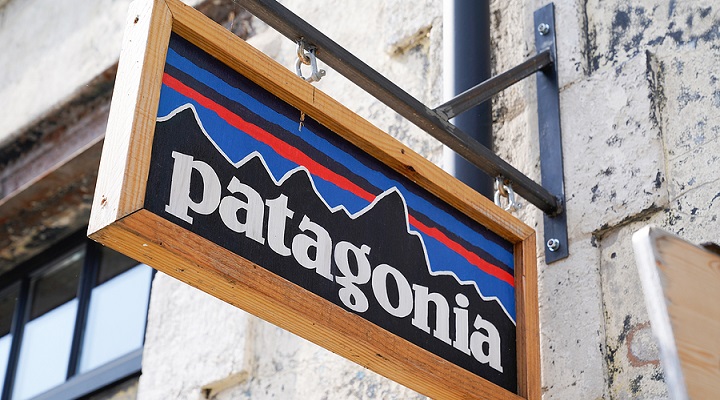Last week, purpose-driven business leaders gathered in Sydney to talk shop at the annual Purpose Conference. On day two of the two-day event, a panel consisting of Sean Doherty, head of brand engagement at Patagonia, Peter Brennan, head of brand at Heaps Normal, and Mason Rook, commercial director at The Guardian got together to talk about the power of purposeful brands. Here are some key takeaways from the panel. What do customers actually want? About 12 months ago, global news orga
al news organisation The Guardian conducted a worldwide survey of its readers to understand what people want from brands following the pandemic and all of its upheavals.
The findings revealed five key expectations that held true across almost all industries. According to The Guardian’s commercial director Mason Rook, these expectations were that brands are to be progressive, trustworthy, empowering, authentic and impactful moving forward.
“When you get back these five attributes, you have to ask what they actually mean,” Rook told the panel.
“Progressive is the idea that a brand is constantly evolving and adapting to change, and not just in terms of product evolution. Trustworthy was about being reliable and having a sense of authority and expertise in a certain vertical.
“Authentic was to be genuine, transparent, and open to feedback. Empowered was all about providing information, tools and access to information that allows customers to make informed decisions about what they’re buying. And then impactful was all about what a brand is actually doing.”
To Rook, the key lesson for brands is to communicate often with customers and actually engage them, ask for feedback and then actually take it on board. This way, a brand’s messaging comes across as being authentic, rather than just a marketing ploy or a sales tactic.
Being authentic isn’t always the easy route
A brewery specialising in non-alcoholic beer, Heaps Normal has built purpose into its business from day one. And while its chief concern is helping people who want to cut back on their drinking, it has also started stepping into other areas of the social and political conversation where it feels it can have an impact.
For example, following the heavy rainfall and floods, which devastated many parts of Australia earlier this year, the business kicked off a campaign about the impact of climate change called ‘This Is Not Normal’.
“It was about getting people to have a conversation, and getting out of your comfort zone and talk about things that weren’t about whether they’d make us money or not,” said Heaps Normal co-founder and head of branding Peter Brennan.
“But doing the right thing can be hard – it’s much more expensive and takes [a lot] longer. It’s the same with eating, we have an obesity crisis and yet a salad is more expensive than a burger.”
However, one key message that Brennan imparted is to make sure that the messaging isn’t preachy or condescending.
“That’s really worked for us. Just look at cigarettes – the government has told people not to smoke cigarettes, we know all the dangers, but people still do. People don’t like being told what to do, so just being transparent and coming from a real, genuine place is what’s going to cut through,” Brennan said.
Purpose is a commitment, not a marketing tool
Patagonia’s head of brand engagement Sean Doherty agreed, and noted that one of the retailer’s key advantages is its history in the world of purposeful business and its scale – people believe the brand is genuine, because it has proved it.
In 2018, the business ran a campaign surrounding Norwegian energy giant Equinor’s plan to drill for oil 230 miles from the Great Australian Bight, and successfully got the business to pull the plug on its plans.
However, it involved participating in a years-long activism campaign, which saw Doherty working extremely closely with not-for-profits and activist groups.
“We really want to use our scale and voice to be a champion of some of these smaller groups, and we jumped into that not knowing it would be a two-year battle,” Doherty said.
“For a less-scrupulous brand it’d make for a tremendous marketing campaign, and they’d just put in a $5000 donation or something.
“It was hard to tell where we ended and the not-for-profit started for a while – that is a pretty extraordinary case, but it became a situation where we wanted to tell the story, but also not co-opt the amazing work of these smaller groups.”
The point, Doherty said, is that being purposeful isn’t a marketing tactic. Instead, it should be a part of the way a business operates – only then will people believe that a brand stands up for what it says it does.

